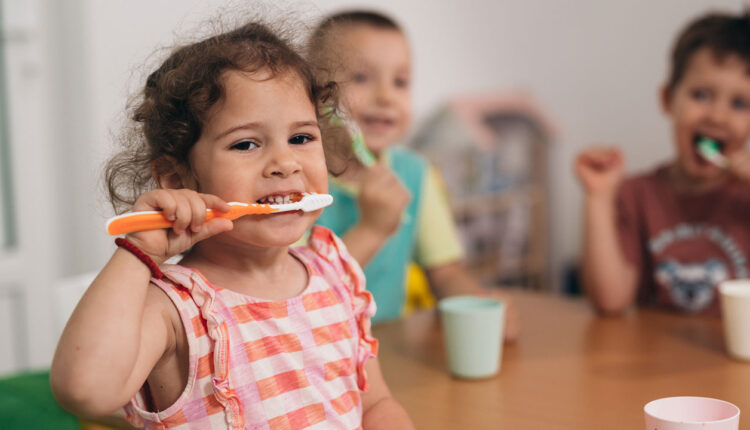
Brits Try New Tactics to Reduce Childhood Tooth Decay
With dental caries impacting up to 50% of 5-year-olds in some parts of England, researchers from The University of Manchester propose evidence-based approaches to tackle this public health crisis. By focusing on co-designed interventions, school-based programs, and family-oriented initiatives, they outline strategies for sustainable oral health improvement.
Dental caries remains a critical issue for children in England, particularly in underserved communities. With up to half of 5-year-olds in some regions experiencing tooth decay, the impact on education, well-being, and overall health is profound. The British government’s Health Mission has pledged to implement measures, such as supervised toothbrushing programs for children age 3 to 5 in areas of greatest need. However, researchers from the University of Manchester stress that lasting change requires more than promises. Sustainable improvements in oral health hinge on evidence-based, co-designed interventions that prioritize behavior change.
George Kitsaras, PhD, MSc, CPsychol; Michaela Goodwin, PhD; and Tanya Walsh, PhD, have conducted research on the behavioral drivers of oral health. Their projects include community-based initiatives such as BRIC (Bedtime Routines Intervention for Children), Leapfrog, and HeRo (Healthy Routines, Healthy Teeth). These programs, developed in partnership with local communities, have successfully enhanced brushing habits and reduced sugar consumption among children.
BRIC, for instance, used text message reminders to help parents establish healthier bedtime routines, resulting in a 16% increase in toothbrushing and a 24% drop in sugary snack consumption. Similarly, Leapfrog targeted primary schools in Manchester’s most affected areas, improving children’s brushing behavior through student activities, providing toothbrushes, and text-based family support.
The researchers emphasize that interventions must be tailored to specific populations rather than adopting a one-size-fits-all approach. Co-designing initiatives with parents, schools, and local health leaders ensures that solutions are practical and impactful. Schools play a pivotal role, as they provide a structured environment to promote oral hygiene practices.
Technology also has a part to play, but its use must be intentional and informed by community needs. Personalized reminders and habit-tracking tools, for instance, can support families in maintaining healthier routines. Click here to read more.

